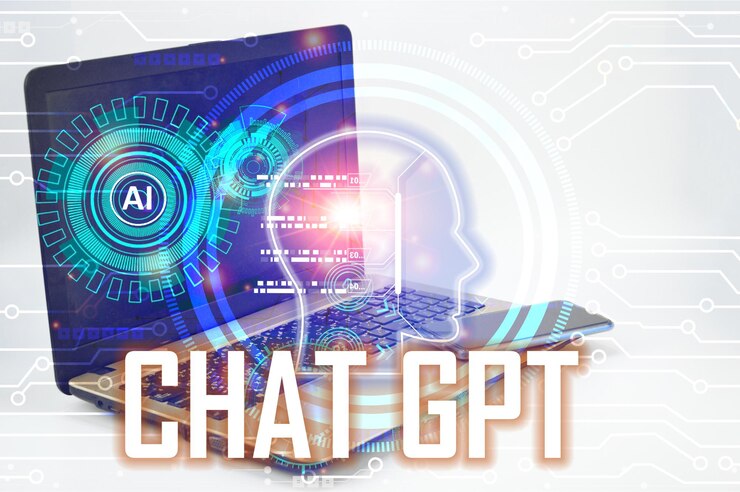

By Frank Travis
Jul 07, 2023
One of the biggest challenges in the health care industry is the time-consuming administrative and paperwork burden. The OpenAI's chatbot ChatGPT has the potential to dramatically improve the efficacy of healthcare practices just by alleviating a fragment of the suffocating paperwork. While some orthopedic surgeons are demonstrating a willingness to fully trust the ChatGPT for writing clinical notes and managing paperwork some are not up for it. Let us in this blog post explore what eminent orthopedic surgeons say about trusting a ChatGPT to be the medical scribe during patient visits.
Dr. Adam Bruggeman, MD - Orthopedic Spine Surgeon at Texas Spine Care Centers in San Antonio, Texas
Artificial intelligence holds great promise for significantly improving efficiencies and reducing costs for physician practices across the country especially when the job market is ‘tight’. Using this technology for scribing office visits may be beneficial for practices but being the sole note taker is not something that is possible. Having an AI scribe to automate the documentation process works well only in conjunction with a physician or a human scribe to proof-read and edit it to ensure that it is error-free.
Dr. Issada Thongtrangan, MD. Orthopedic surgeon in Phoenix, Arizona
He says that in his opinion an AI scribing model is useful and effective but the physician needs to review and check it before signing off. Generally speaking, physicians who practice high-quality medicine should not use ChatGPT by itself.
Dr. Kenneth Nwosu, MD, is an orthopedic and neurosurgery trained spine surgeon in Puyallup, Washington
He totally disagrees with the use of ChatGPT as a scribing tool at this point of time. He says that on account of increasing surgery denial rates, accurate, complete and comprehensive documentation of patient encounters is absolutely crucial. Therefore, at this time, the potential for aggravating these problems does not outweigh the benefits of the efficiency offered by AI tools like ChatGPT. He further added that a version specifically designed for spine surgery might be more beneficial in the future. He concluded saying that this model will require physician-specific training considering the diversity of spine surgeons.
Dr. Kevin Stone, MD. Orthopedic Surgeon at San Francisco, California says that he would use the AI for scribing if the machine-generated notes were edited by humans.
Dr. Lali Sekhon a board certified spine neurosurgeon at Reno Orthopedic Clinic, Nevada
says that he uses the digital scribe DragonDictate for his transcription and feels at times it works well and at times it is terrible. He has included a disclaimer in his dictation template that reads as follows "The EHR uses DragonDictate as voice transcription software. This is a partially electronic service rather than a traditional transcription service. Even though I did the best I could to proofread the charts for errors and fix them, there may still be grammatical, typographical, and transcription-related errors that I missed or failed to catch. They have no clinical impact on the note’s purpose or patient care. I will make an effort to fix the errors as the visits go by, however in case of missed attempts, I do reserve the right to fix the errors at any time in the future."
From the opinions shared by eminent orthopedic surgeons it is clear that they aren't fully willing to trust ChatGPT for a medical scribe to create clinical notes. They may claim to cut down on the hours physicians spend writing up their notes but they are not capable of widespread adoption as they lack accuracy, completeness, relevance and comprehensibility. And any incorrect recording of information can put patients care at risk. After all, medical records provide crucial health information for physicians to accurately and effectively offer patient care.
Well, if you are on the lookout for accurate, complete and reliable orthopedic charts get in touch with Scribe4Me today. We have a team of skilled orthopedic scribes who can provide accurate, detailed charts in real-time so you can focus on patient care activities. To learn more email us at [email protected].

Please fill out this form.
We will reach out to you within 24 hours

Frank Travis

Frank Travis

Documentation is an important daily clinical responsibility. In order to optimize patient care, physicians are always on the lookout for new ways to effectively and efficiently document patient visits.
The use of virtual medical scribes has become increasingly popular in the recent years, as medical practices across the country are on the constant lookout for ways to reduce clinical documentation overload, thereby improving overall productivity.
The clerical burden associated with EHR usage is attributed as the number one cause of physician burnout. We also know that physicians spend twice as much time on EHRs and other clerical tasks compared to the time providing patient care.